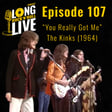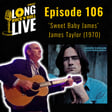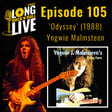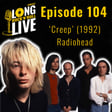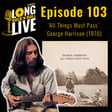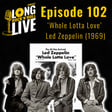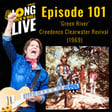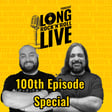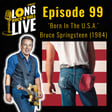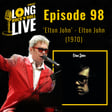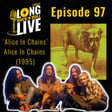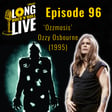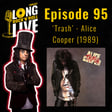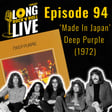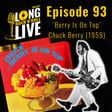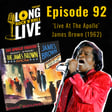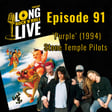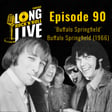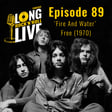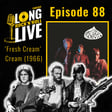
39. 'Selling England By The Pound' - Genesis (1973)
Episode 39: ‘Selling England By The Pound’ by Genesis (1973)
‘I Know What I Like (In My Prog)’
Concerned with the rise of Americanism in 70s Britain, Genesis would take a line from the Labour party’s manifesto and explore some serious folk and cultural elements in their fifth studio album.
1973’s ‘Selling England By The Pound’ was a very serious contender, musically, in the Prog/Hard Rock categories, but also continued the whimsical theatrics and drama from several of their previous instalments - combining both elements to create one of Genesis’ most revered and successful Prog albums.
Episode 39 Playlist: https://open.spotify.com/playlist/0Hi886kYI3vmmXEPKib6Hp?si=da0bd1e3d1694030
LONG LIVE ROCK 'N' ROLL
- Follow the Podcast on Social Media: https://linktr.ee/longlivernrpod
- Get in touch and/or leave us a review: longliverocknrollpodcast@gmail.com
- Podcast Music by GeriArt, NaturesEye, astrofreq, Twisterium from Pixabay
- Podcast Art by Ross Davidson (@ross_feelshame)
